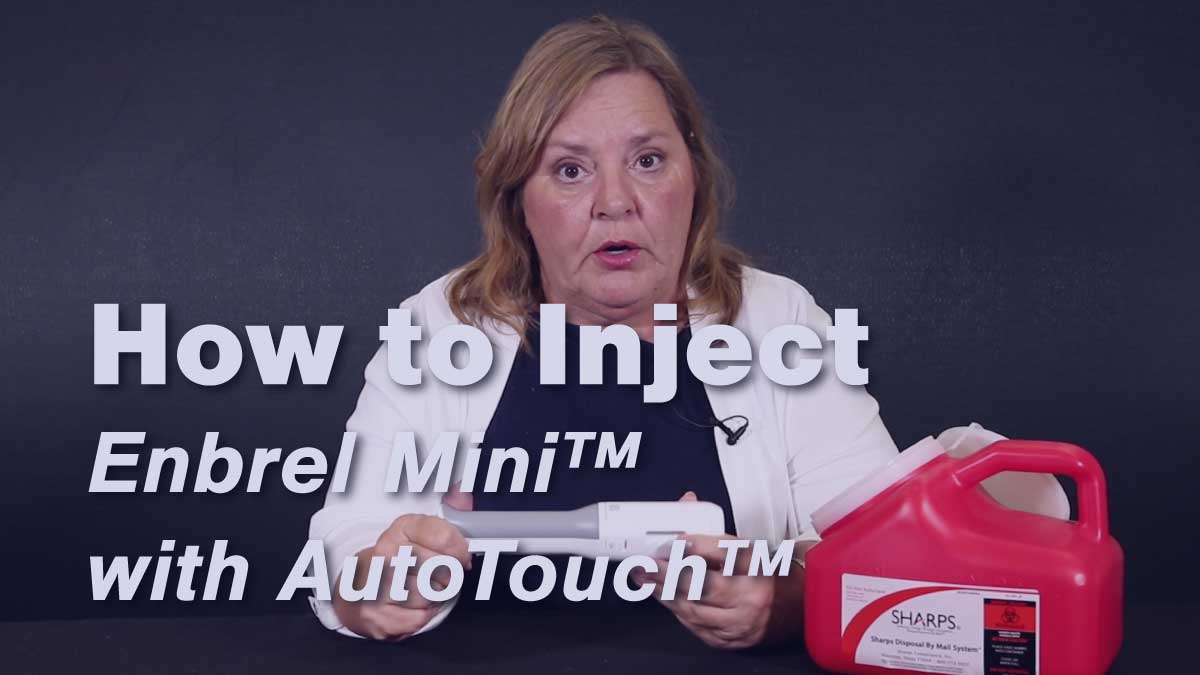
The ENBREL Mini™ is a Single-Dose Prefilled Cartridge delivered with the AutoTouch™ Reusable Autoinjector. Vicky Ruffing, RN-BC, walks you through how to inject your medication with this new device.
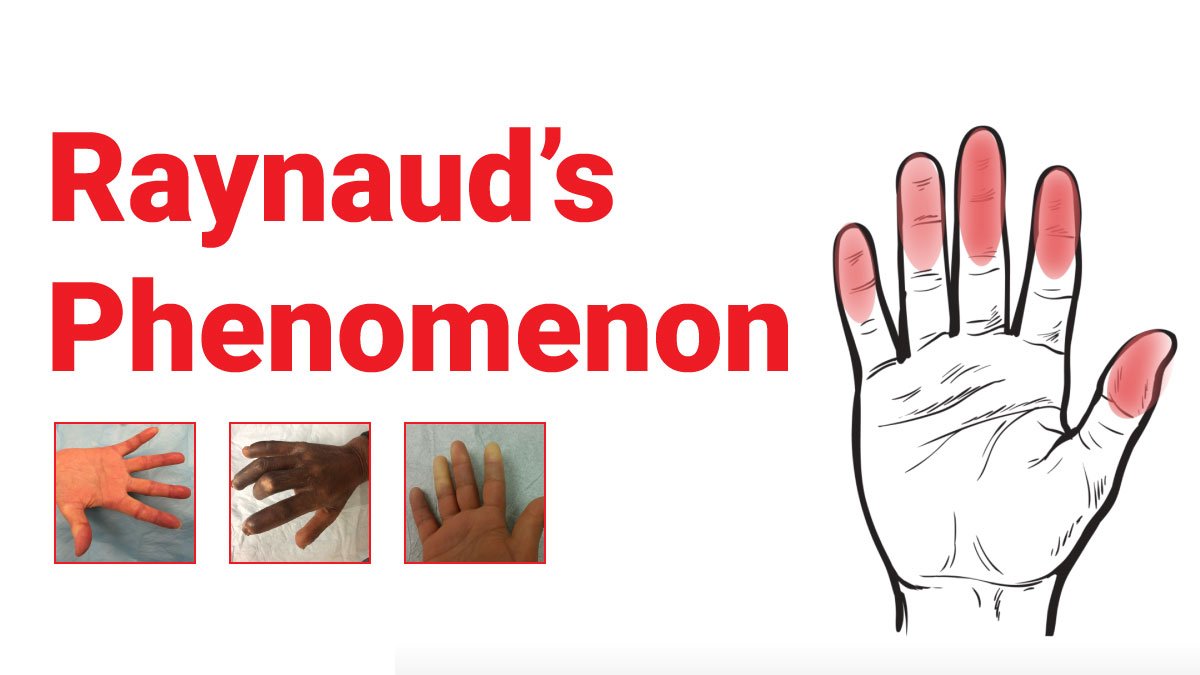
Raynaud’s Phenomenon is a condition that results in decreased blood flow to your fingers and toes. There are two types of Raynaud’s, primary and secondary. Dr. Zsuzsanna McMahan from the Johns Hopkins Scleroderma Center dives into what this condition is, things to look out for, how to manage and when you should speak with a doctor.
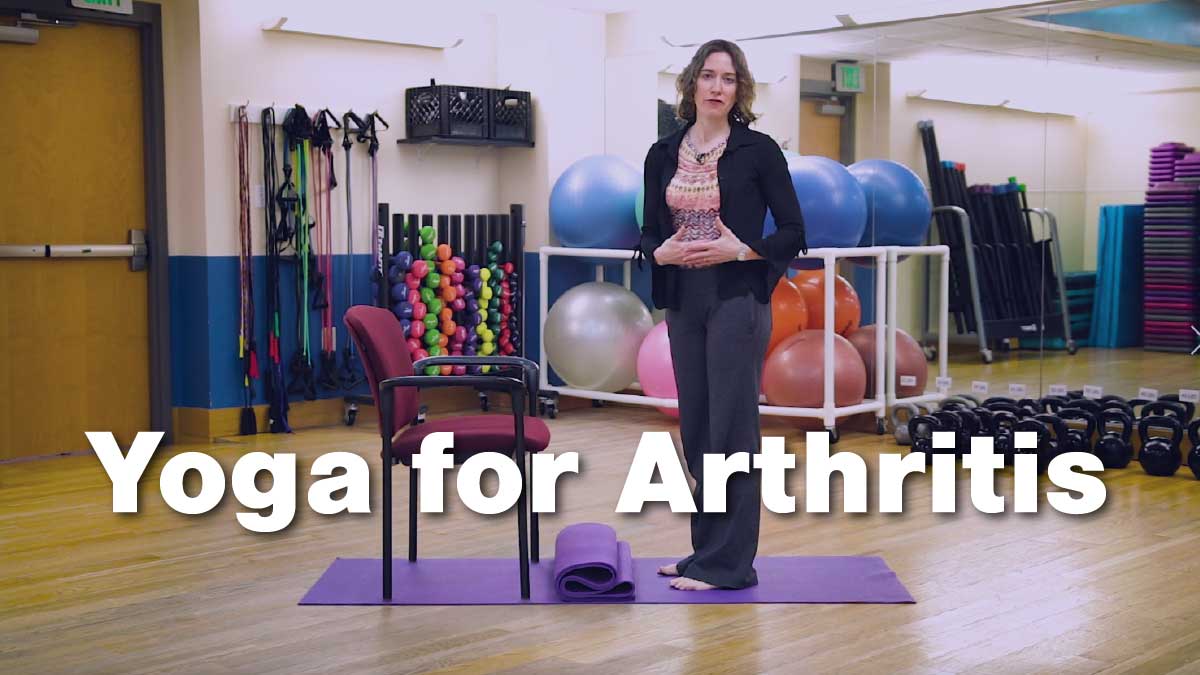
Practicing yoga just two or three times a week can improve pain, physical fitness, and mood. Sometimes people living with arthritis can feel intimidated from approaching a yoga practice. In this video we’ll show you a few ways that you can modify a yoga practice to make it more accessible, safer, and more comfortable for those with arthritis. We’ll discuss safe ways to get up and down from the floor, ways to adjust the poses for both wrists and knees, and yoga poses that you can do seated in a chair.
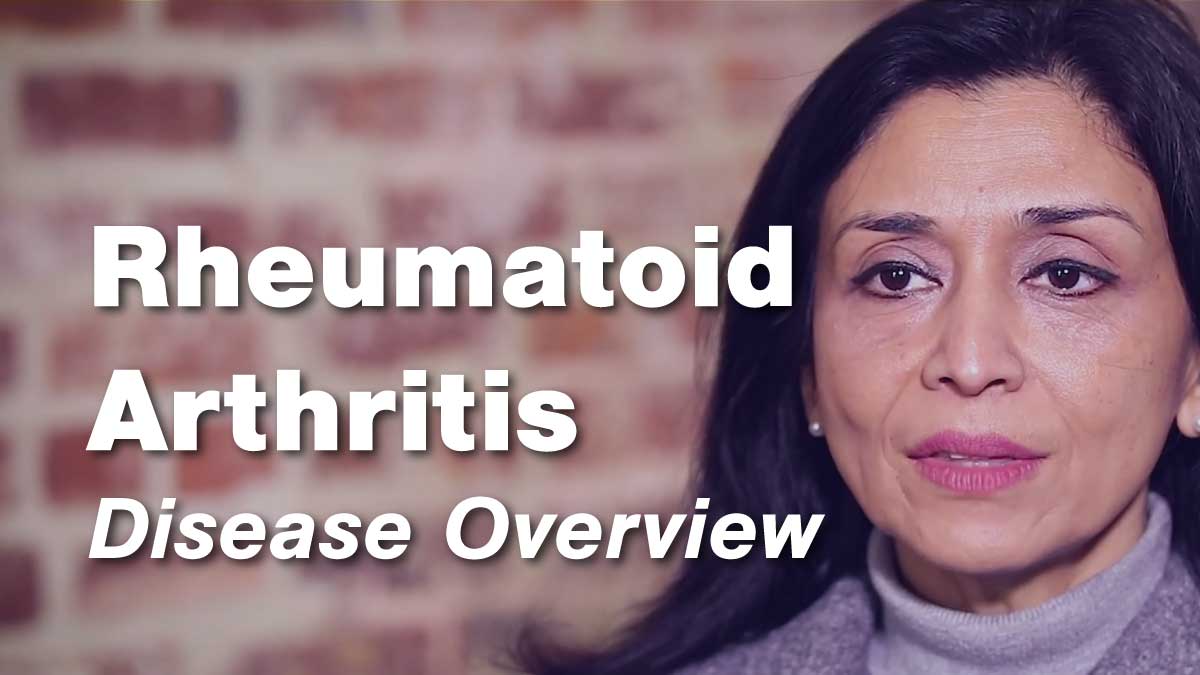
Rheumatoid Arthritis is a chronic autoimmune disease that not only affects the joints, but the whole immune system. Many patients who have Rheumatoid Arthritis also experience fatigue, dry eyes and mouth, shortness of breath, and skin problems. The good news is, with the advancement of Rheumatoid Arthritis treatments, many patients can live a healthy, normal life. In this episode, Dr. Uzma Haque, a physician at the Johns Hopkins Arthritis Center, explains the effects of Rheumatoid Arthritis, and the misconceptions many have about it.
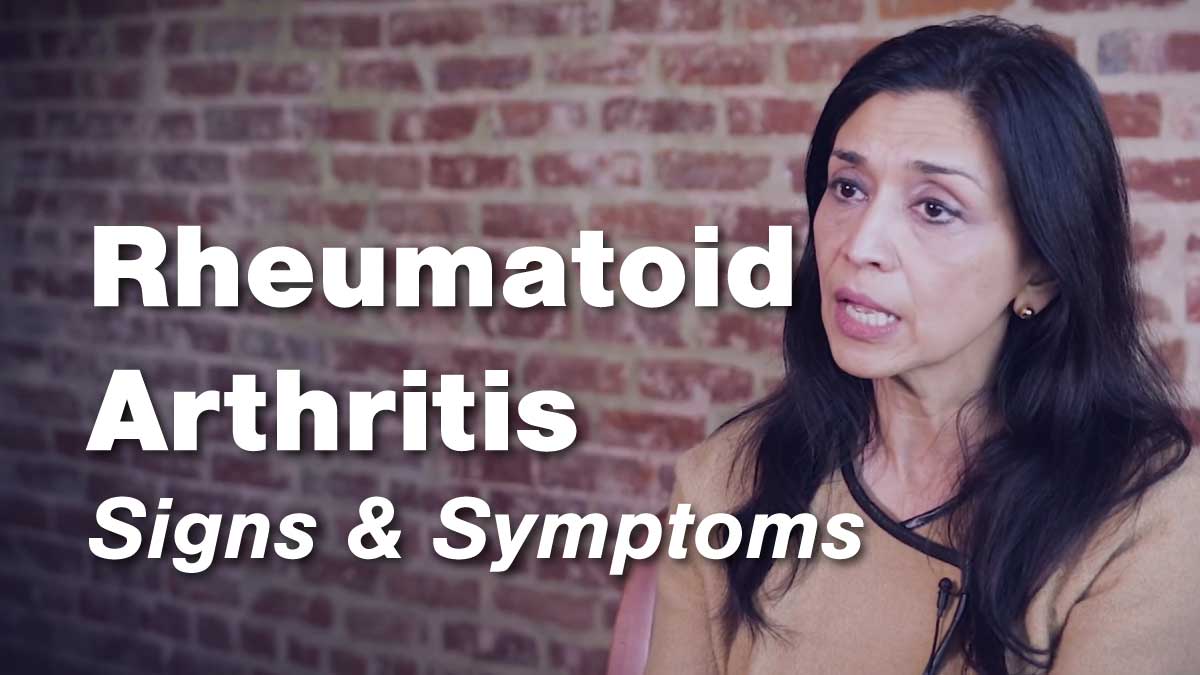
The onset of Rheumatoid Arthritis is very gradual. Often the symptoms are worse in the morning and improve as the day goes on. Because of inflammation, many patents experience restlessness at night and can have flu-like fatigue, fevers, and aches. In this video, Dr. Uzma Haque, a physician at the Johns Hopkins Arthritis Center, discusses the signs and symptoms of Rheumatoid Arthritis.
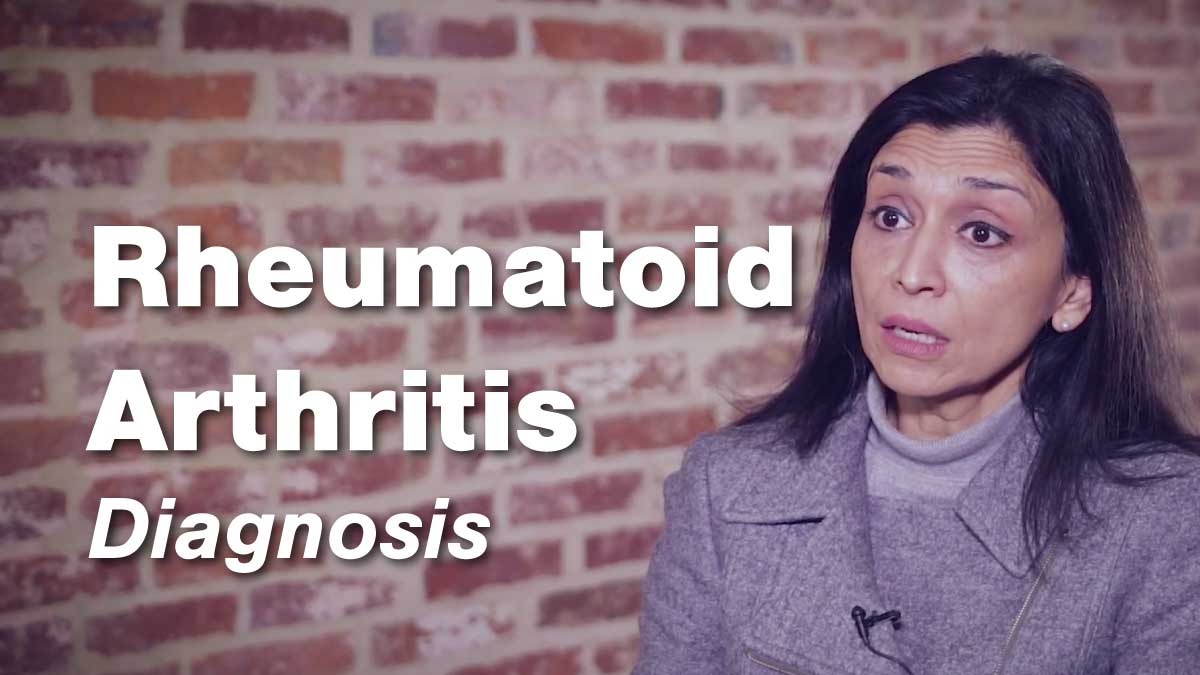
Sitting down and listening to a patient’s story is the first step in diagnosis of Rheumatoid Arthritis. While swollen joints are a large indicator of Rheumatoid Arthritis, there are many other symptoms, such as fatigue, anxiety and depression, and stiffness. Doctors are diagnosing Rheumatoid Arthritis much earlier now, to prevent joint damage and begin treatment as soon as possible. In this video, Dr. Uzma Haque, a physician at the Johns Hopkins Arthritis Center, explains the diagnosis process of Rheumatoid Arthritis.